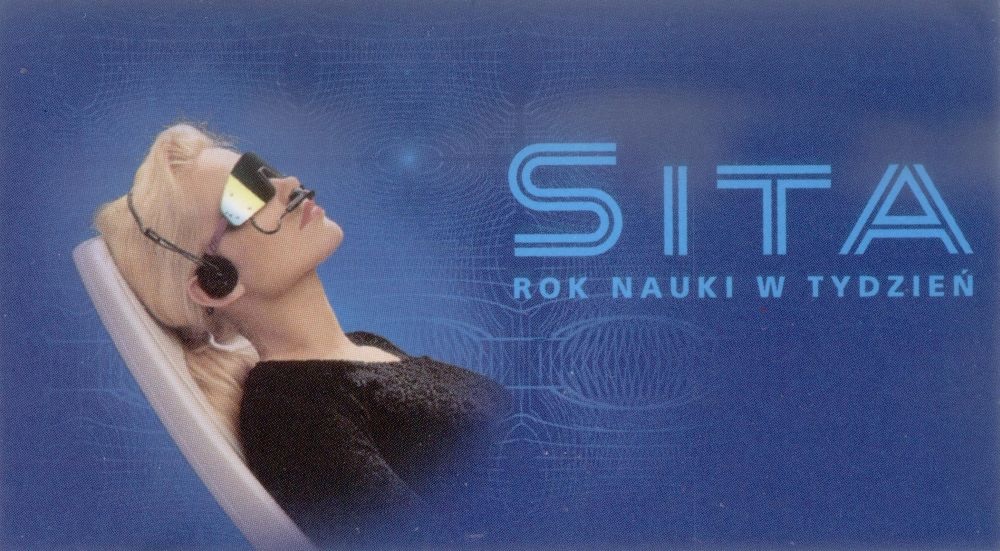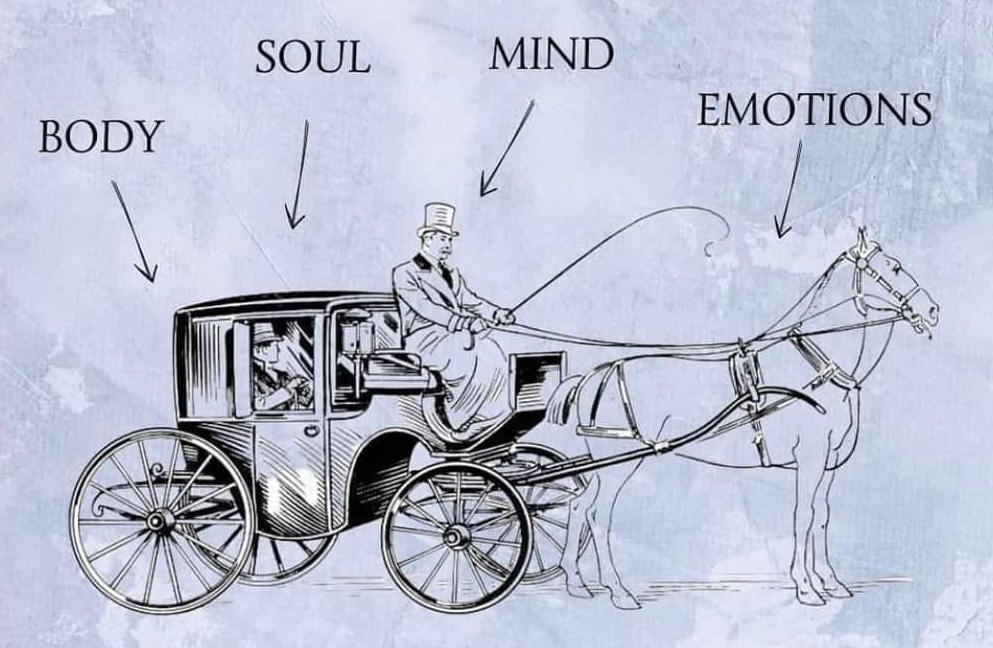The professor walks onto the stage, and the murmur in the room gradually fades. After a moment of silence, he begins:
– Ladies and gentlemen… I know you may think you’ve mastered mathematics since you’ve made it this far. That speaks volumes. But I ask one thing of you: forget everything you’ve learned so far. Here, we won’t be calculating in two or three dimensions. We’ll be working in N-dimensional spaces. You can’t visualize that – you have to compute it. Only after solving countless equations will you begin to develop intuition.
That’s how my first lecture at the University of Warsaw began – Elements of Logic and Set Theory. It was also my first realization that intuition is something that can be trained. But can it really? And to what extent?
A Language in a Week? Link to heading
In the late ’90s, I worked as the marketing director for SITA – a company known for teaching foreign languages through relaxation. One day, I had the chance to test a slogan I’d created: “A year’s worth of learning in a week.” Two weeks in the picturesque Wigry National Park, paired with an intensive English course using the SITA method? It sounded promising.

However, upon arrival, I encountered an unexpected surprise—my house was already occupied. Its resident? Furious and unhappy that I was encroaching on his “sacred space.”
As it turned out, this was Janusz Kiljańczyk, one of the top 100 richest people in Poland according to Wprost magazine. When he learned who I was, he bombarded me with questions about marketing. Our initial clash turned into a long exchange of ideas, and – surprisingly – we got along well enough to decide to share the house.
Life Lessons from Janusz Kiljańczyk Link to heading
From the very beginning, Janusz fascinated me. He was full of energy and joy for life. Imagine a man in his sixties doing somersaults on the lawn.
For me – then in my twenties – life felt like a constant struggle with obligations and stepping out of my comfort zone. But Janusz? He laughed, played, and savored life to the fullest.

During one of our conversations, I asked:
– Why did you become a Renault dealer?
– I just wanted to be a rally driver, and that’s how it happened. Intuition guided me through life.
I couldn’t let that comment go.
– What is intuition? Do you mean experience?
– Hahahaha… No. Intuition works even when you don’t have experience.
Janusz spoke about intuition as if it were something magical – an inner voice guiding us through life, if only we knew how to listen. His stories were filled with unexpected twists, bold decisions, and fulfilled dreams.
Our conversations were so captivating that we dismissed the teacher, dedicating all our time to this free exchange of ideas.
It made me wonder: why don’t schools teach us about intuition? Why isn’t it a common topic in the media? Or maybe it is? Ancient texts from many cultures seem to focus – albeit in different words – on awakening and developing intuition.
Gurdjieff and a Wagon Full of Wisdom Link to heading
One such example comes from P.D. Ouspensky’s book, In Search of the Miraculous. Gurdjieff uses the metaphor of a wagon to explain: Here is a huge simplification:
A man is a complex system made up of four parts: the wagon (body), the horse (emotions), the driver (mind), and the master (intuition). These elements must be well-connected. If the connections fail, the whole system ceases to function. The driver must hear the master’s voice, know how to control the horse, and maintain the wagon. The horse must be properly harnessed and respond to the reins. Each of these connections requires work – on oneself and on the relationships between the body, emotions, and mind.

Intuition as a Life Practice Link to heading
Translated into modern life: take care of your body, mind, and emotions. Learn how to harmonize these elements, and over time, you’ll begin to hear the voice of true intuition. It can lead you into the unknown, opening a world of new possibilities.
Are we ready to trust it?